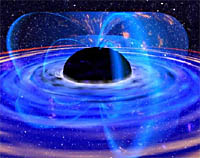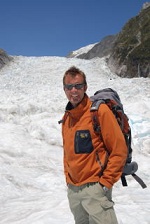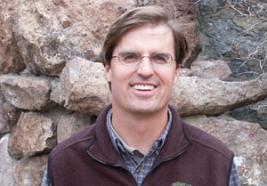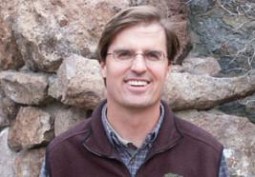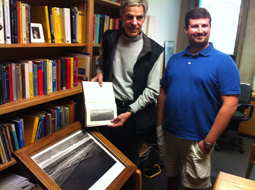
Big Waves (start time 4:39): When does one plus one not equal two? When waves behave non-linearly, according to CU researchers Mark Ablowitz and Douglas Baldwin. The two have been researching how multiple water waves can add together to form a wave with a height much greater than twice the height of either wave. The mathematicians refer to these as X and Y waves, which sounds mathematical but actually just refers to the shape of the wave front as seen looking down on the wave from above. Rather than being rare, these waves are readily observable and may be the reason that some tsunamis are much larger than anticipated. We spoke yesterday with the pair to find out more about these interesting waves.

Omega 3 Fatty Acids (start time 14:49): It’s widely accepted that Omega 3 supplements are good for many things, especially your heart, and that fish oil is high in Omega 3. But earlier this month, Greek researchers made a splash with a meta-analysis that concluded that fish oil supplements do not help your heart. They came to this conclusion even though, in their analysis, people taking fish oil pills or eating fish had 9 percent fewer deaths from heart disease and 11 percent fewer heart attacks than people who don’t. Fans of Omega 3 shot many other harpoons into the study, and we look at one of their most compelling complaints – it’s that the amount of Omega 3 that people’s bodies absorb depends on many things, and the Greek scientists did not examine studies that checked Omega 3 fatty acids levels where they count the most. That’s in people’s blood. To find out more about why blood levels of Omega 3’s might matter, How On Earth’s Shelley Schlender talks with Doug Bibus. Bibus is part of the team that years ago basically discovered Omega 3s. He’s a two-time winner of the American Chemical Society’s Award in Analytical Chemistry. Bibus says that most Americans have very low levels of Omega 3s, and they’d be healthier if their levels were higher.
Hosts: Beth Bartel, Joel Parker
Producer: Beth Bartel
Engineer: Joel Parker
Executive Producer: Susan Moran
Podcast: Play in new window | Download (Duration: 24:46 — 34.0MB)
Subscribe: RSS




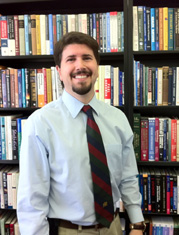

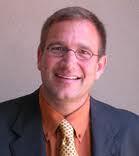

 Planetary science budget (start time: 15:49). Despite the successes of the Mars missions and voyages to our other planetary neighbors, the White House decided that NASA’s planetary science budget should be drawn down. The hit would be substantial, a twenty percent reduction from 2012. 300 million dollars would be removed from a baseline one and a half billion dollars. We ask Dr. Alan Stern, who has served as the chief of the Science Mission Directorate at NASA, about why the planetary science budget should be restored.
Planetary science budget (start time: 15:49). Despite the successes of the Mars missions and voyages to our other planetary neighbors, the White House decided that NASA’s planetary science budget should be drawn down. The hit would be substantial, a twenty percent reduction from 2012. 300 million dollars would be removed from a baseline one and a half billion dollars. We ask Dr. Alan Stern, who has served as the chief of the Science Mission Directorate at NASA, about why the planetary science budget should be restored.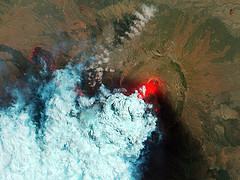

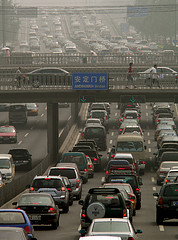
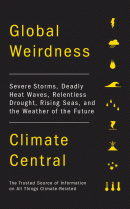

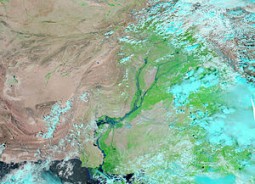
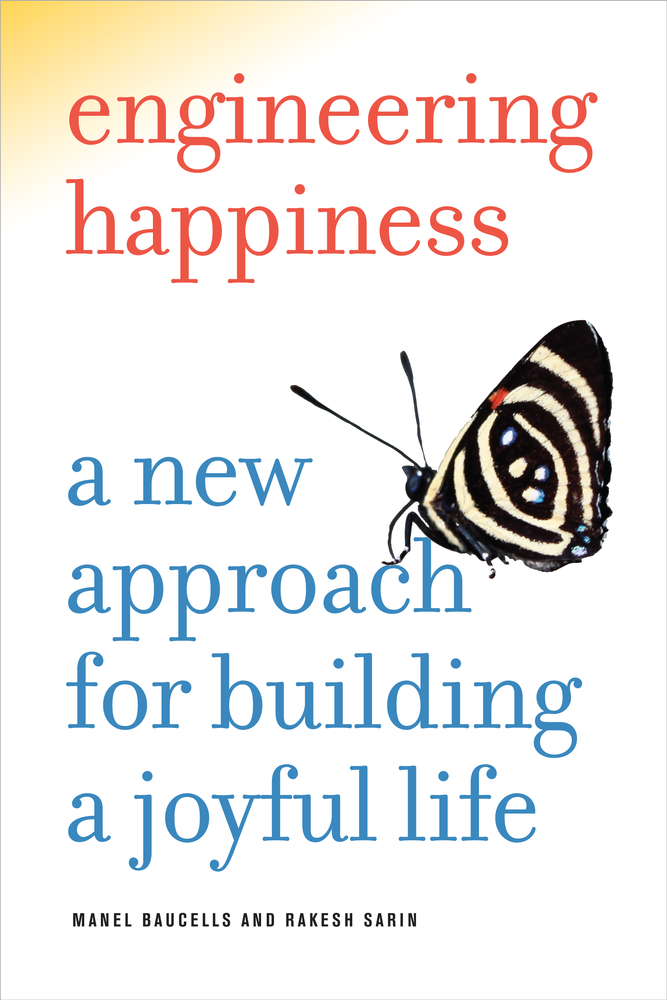
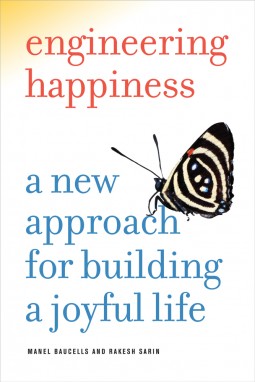 Engineering Happiness (start time 05:09): You may think the key to happiness lies in money, or love, or more vacation days. But what it really comes down to is math — a mathematical formula, actually. At least that’s according to a recently published book, called “
Engineering Happiness (start time 05:09): You may think the key to happiness lies in money, or love, or more vacation days. But what it really comes down to is math — a mathematical formula, actually. At least that’s according to a recently published book, called “